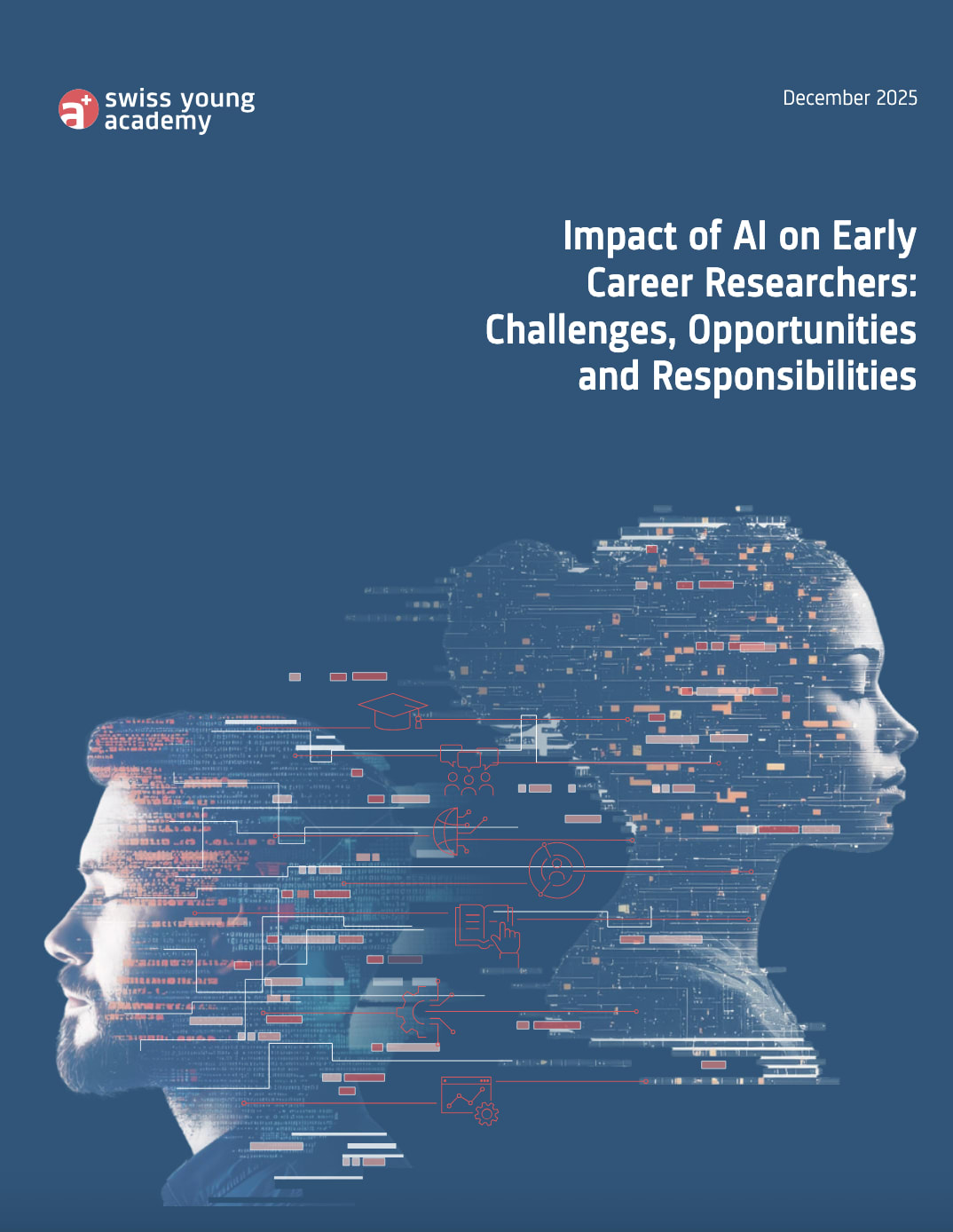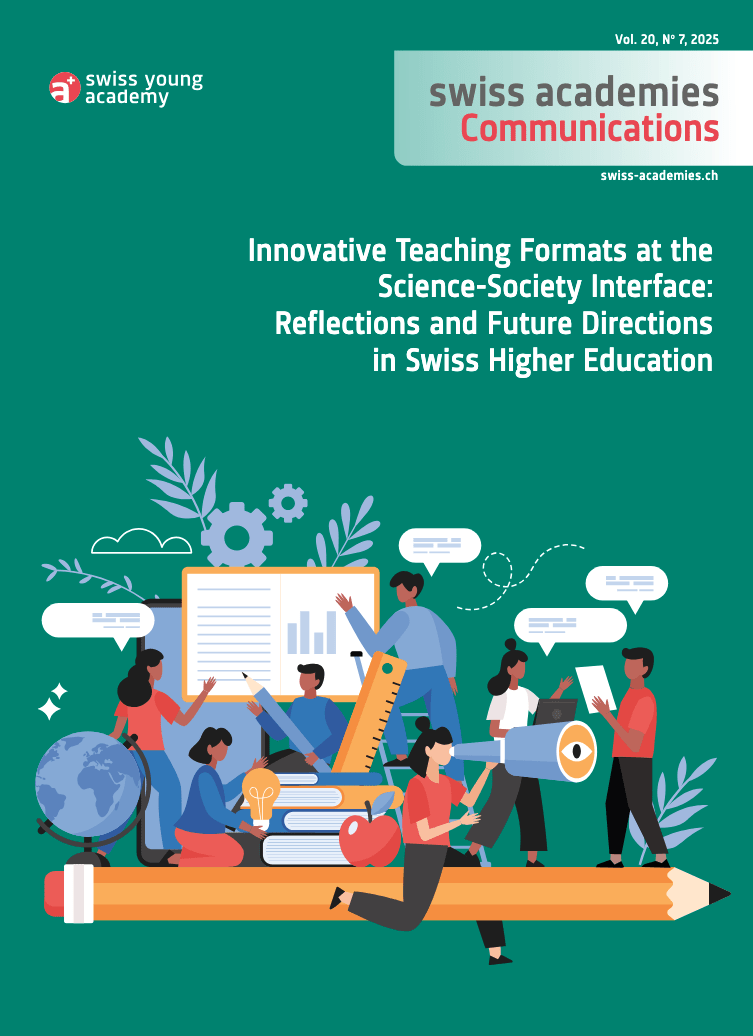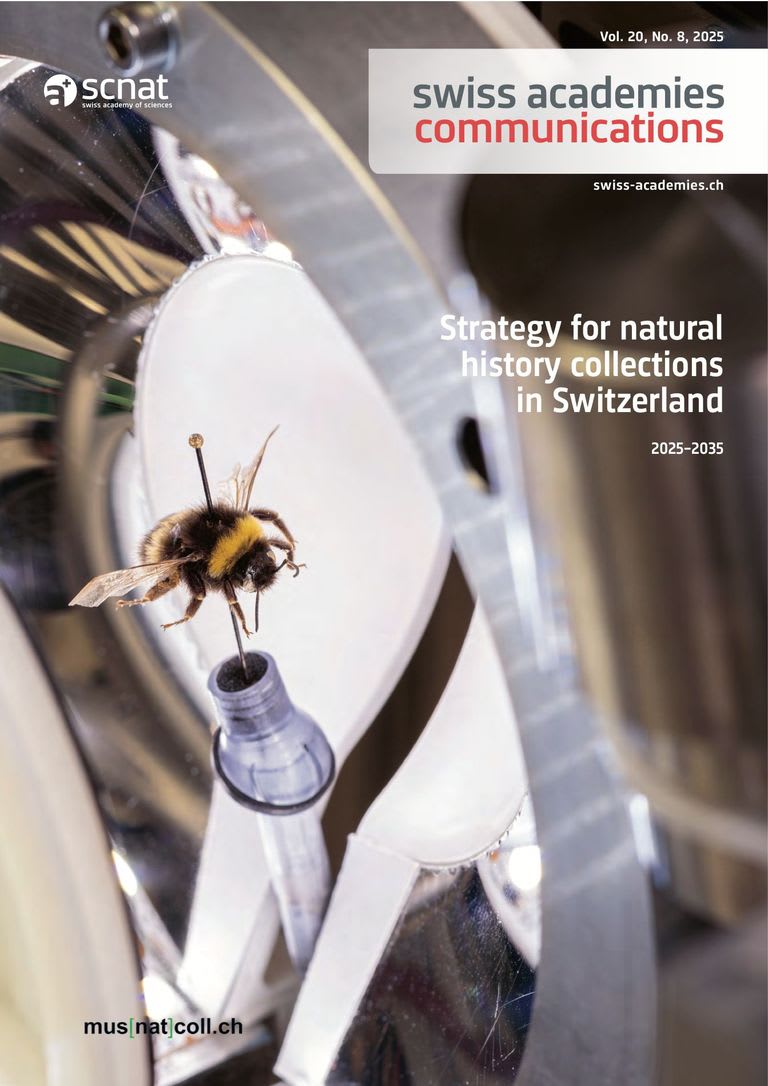Swiss Academy of Sciences SCNAT
Reverse emissions or influence solar radiation: Is “geoengineering” worthwhile, feasible and if so, at what price?
SWISS ACADEMIES FACTSHEETS, VOL. 13. NO. 4, 2018
The aim of the Paris Agreement is to limit global warming to well below 2 degrees Celsius, if possible even 1.5 degrees Celsius. Various scenarios show that very great efforts are necessary to achieve these goals through emission reduction measures alone. This motivates the search for additional solutions. Technical interventions in the climate system, often referred to by collective terms such as “geoengineering” or “climate intervention”, are therefore discussed. However, most of these measures are associated with costs, risks and undesirable side effects that have so far been very difficult to assess. While some measures only exist in theory, others have been tested in small format, but nevertheless there is a lack of knowledge about the effects of an application on the required large scale. Since the measures would not have the same effects in different parts of the world, ethical questions of global and regional justice are also particularly important and should be covered by international regulations.
Swiss Academies of Arts and Sciences (2018) Reverse emissions or influence solar radiation: Is “geoengineering” worthwhile, feasible and if so, at what price? Swiss Academies Factsheets 13 (4).




